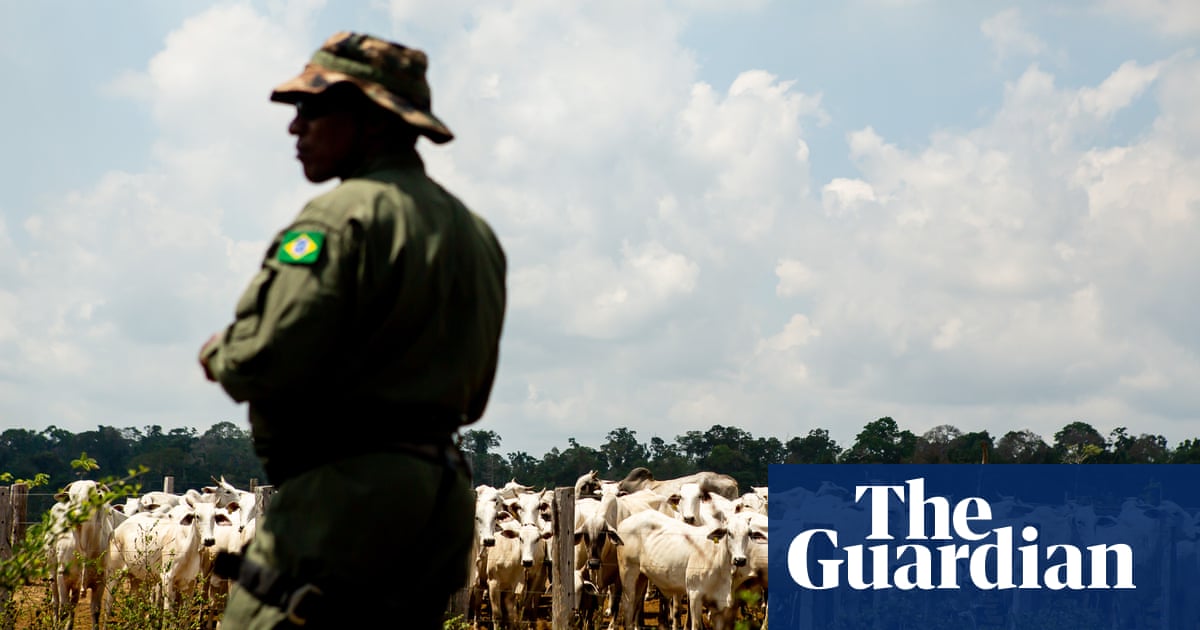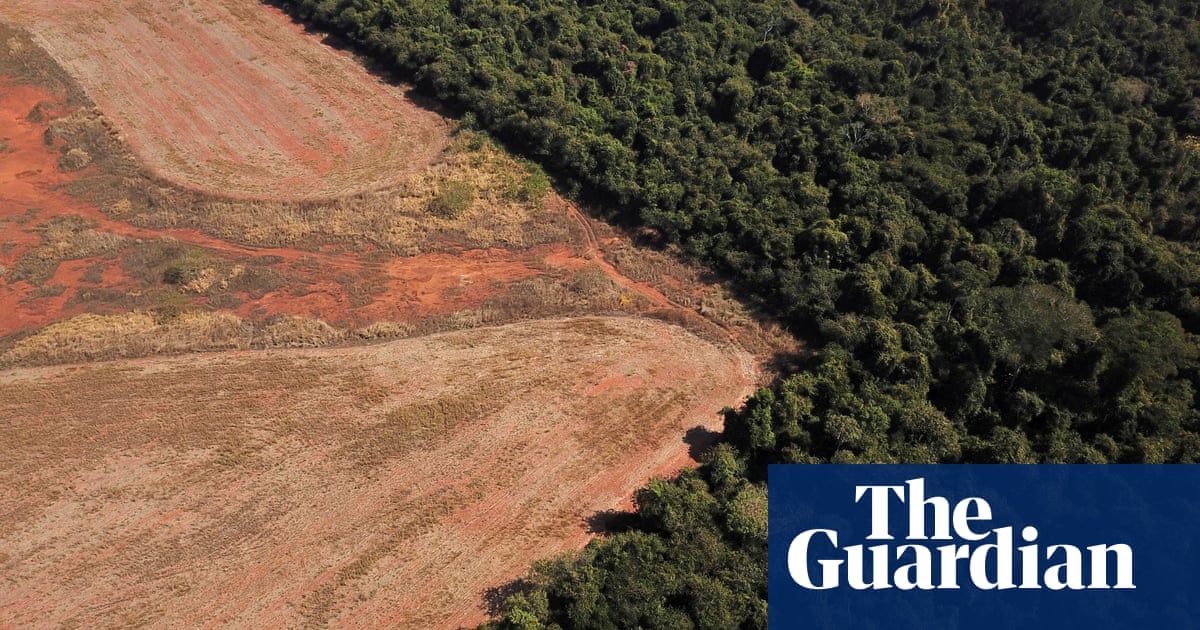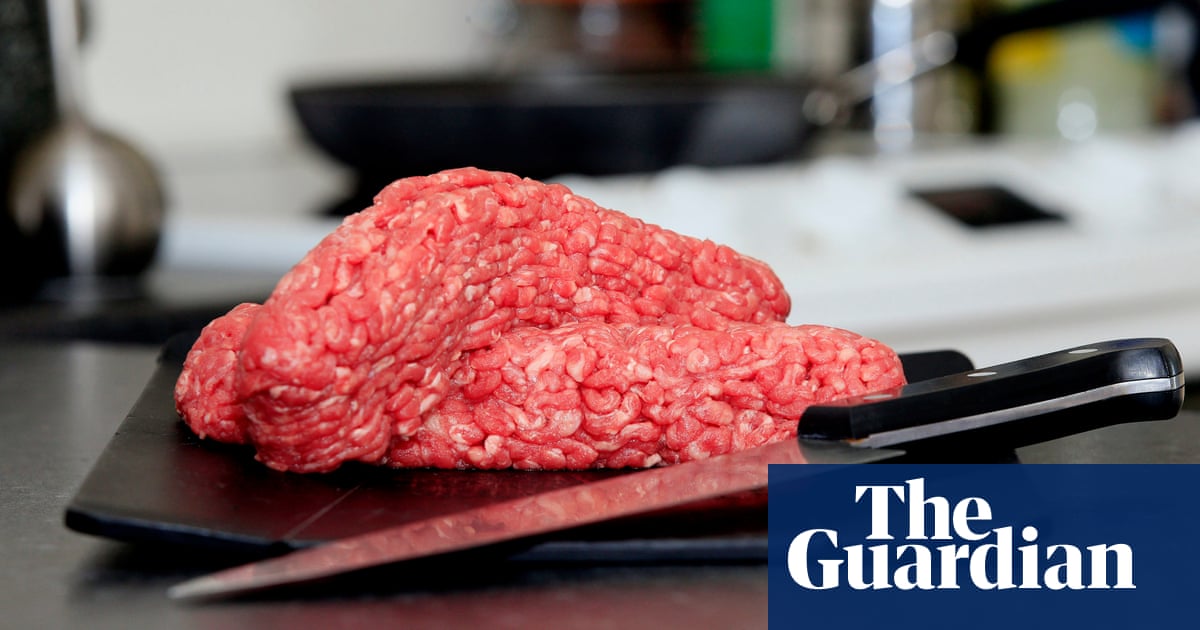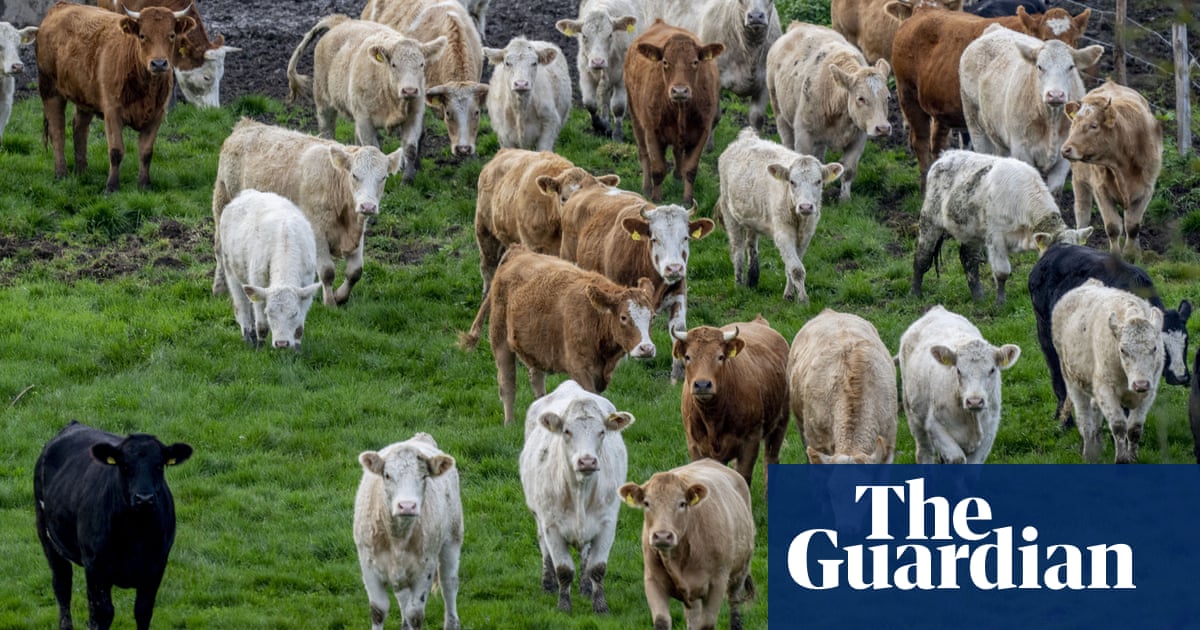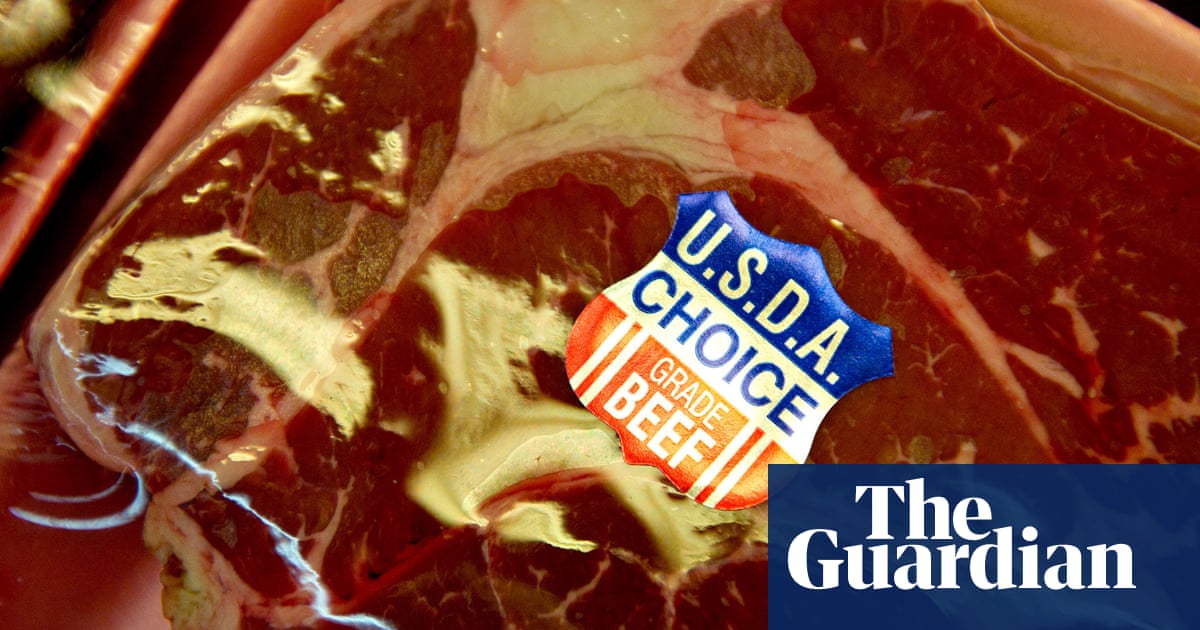Yes, I think Tony Seba predicted this... cheaper more sustainable less polluting proteins from yeast.They say the company name is from Pure Future, I thought it was Pure Culture, but I can't help but think of Pure Torture.
If true, it would be the first product in what Seba talked about as The Disruption of Food.
(Why do you think this is Pure Torture... Are they torturing the yeast? Surely not torturing cows.)



